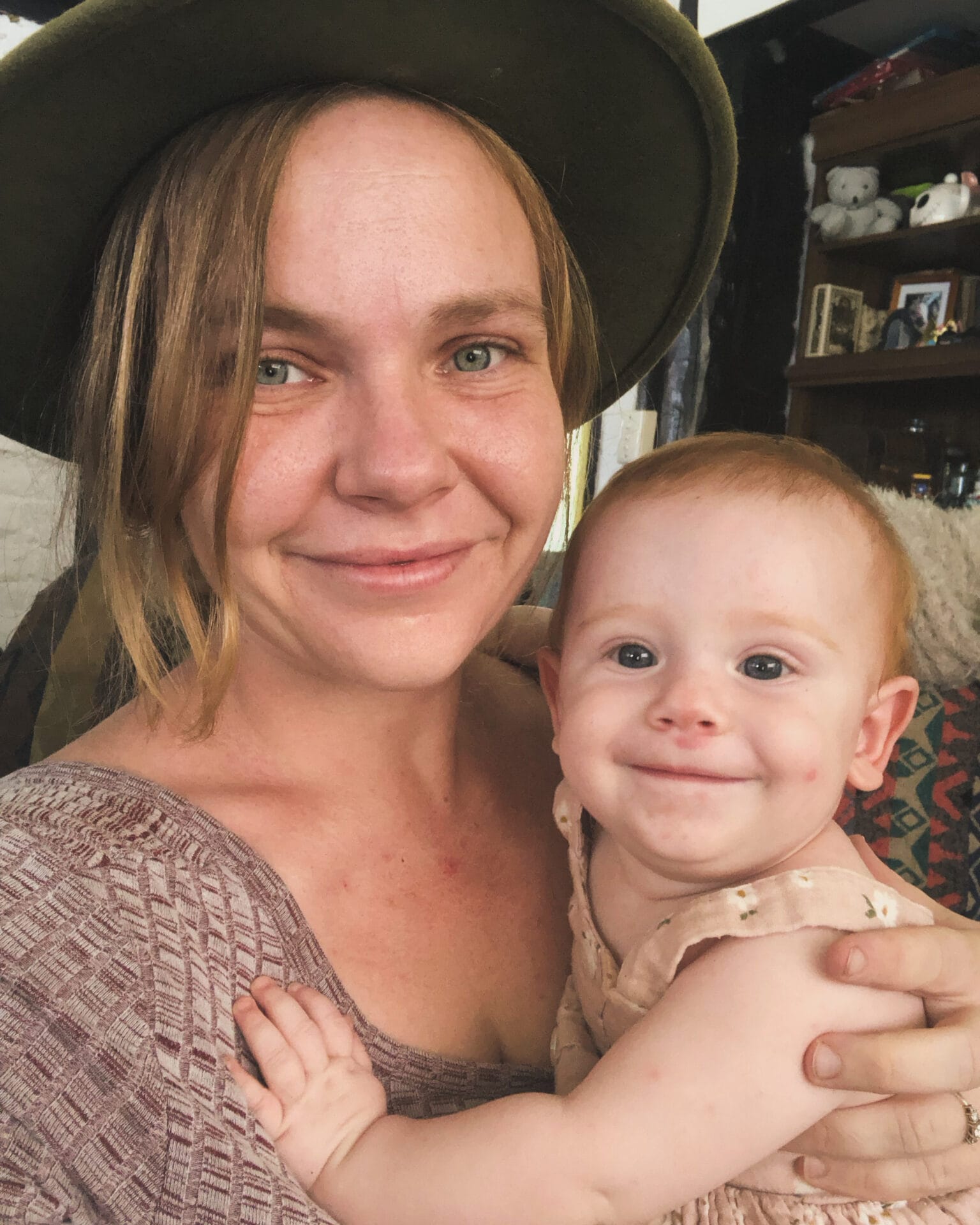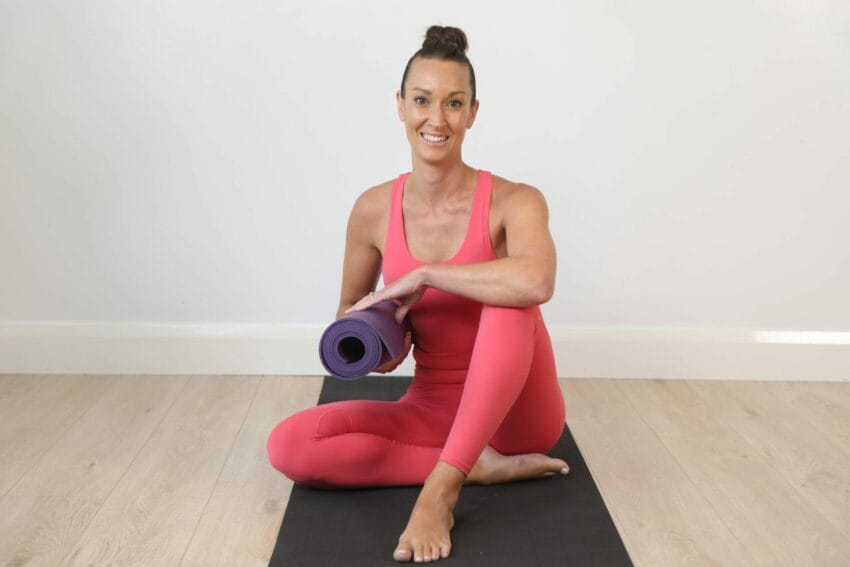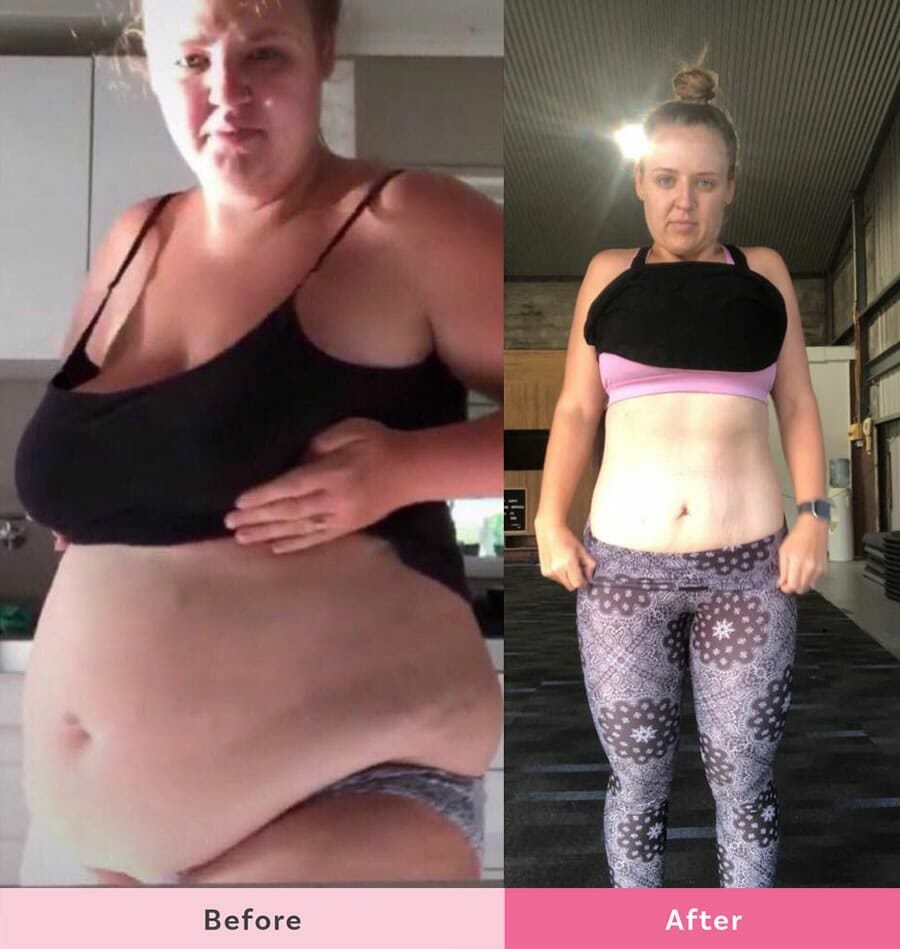The four types of exercise that reduce depression
People who exercise for as little as 30 minutes a day may be up to 17% less likely to get depression. Scientists found adults who took part in four hours of exercise each week were 17 percent less likely to develop the mental health condition.
People who exercise for as little as 30 minutes a day may be up to 17% less likely to get depression.
Scientists found adults who took part in four hours of exercise each week were 17 percent less likely to develop the mental health condition.

Exercise drastically reduces risks of depression
Even as little as 30 minutes a day of physical activity may have a positive effect, say researchers from Harvard University.
They also noted that activities like yoga, stretching and dance classes offer as much benefit as working up a sweat in the gym.
Dr Karmel Choi and colleagues harvested data from nearly 8,000 participants in the Partners Healthcare Biobank.
How yoga REALLY helps your mind, body, soul and central nervous system!
Dr Karmel said, “Our findings strongly suggest that, when it comes to depression, genes are not destiny and that being physically active has the potential to neutralise the added risk of future episodes in individuals who are genetically vulnerable.”
Over two years, researchers cross-referenced this information with patient health records and spotted those diagnosed with depression.
Results published in the Depression and Anxiety journal showed people with a higher genetic risk were 20 percent more likely to be diagnosed with depression.
When people in this group exercised they were 17 percent less likely to get depression than adults who were at low genetic risk but didn’t exercise.
Those with the highest genetic risk score were 12 percent less likely to develop depression if they exercised, and those with the lower scores were 38 percent less likely.
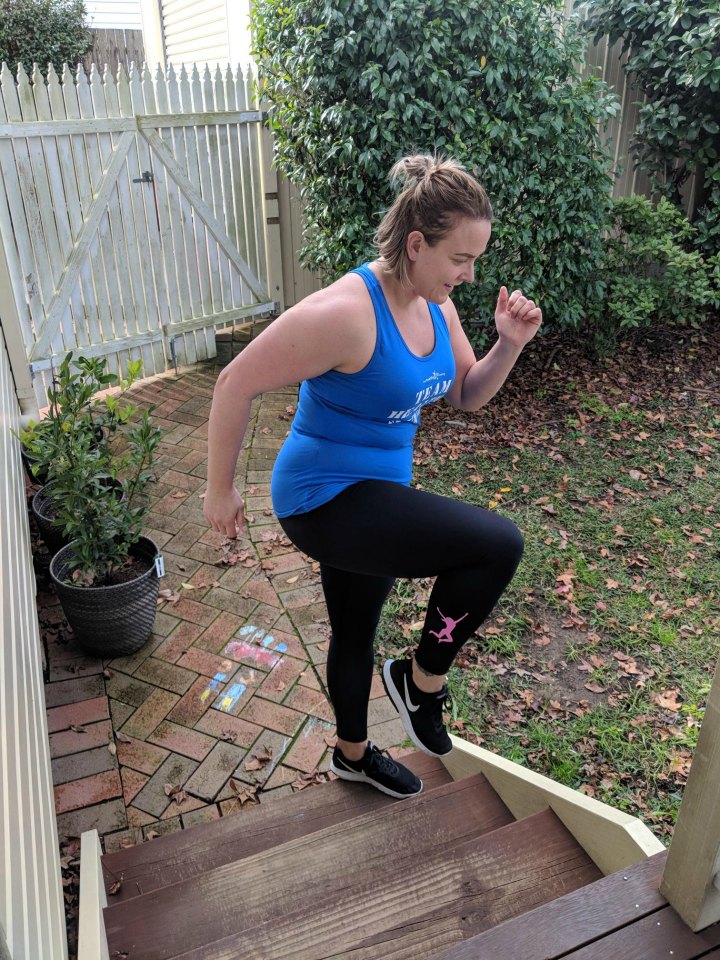
The four types of exercise that reduce depression
were both found to reduce one’s chances of depression, by 13 percent and 11 percent respectively.
High-intensity exercise such as dancing reduced the depression risk by 16 percent, and low-intensity exercise like Yoga by 14 percent.
Dr Michael Craig Miller, assistant professor of psychiatry at Harvard Medical School, said that for some of the planet’s 100 million depression sufferers, exercise ‘works as well as antidepressants’.
Exercising releases feel-good endorphin chemicals, and in the long term, persistent activity incurs the proteins which improve brain function and mood.
How The Healthy Mummy helped these mums with depression
These five mum’s share their stories about how they beat depression and anxiety with help from the The Healthy Mummy.
Nisha’s story
Nisha says, “I was ‘that mum’ that hated herself and her body! Seriously exhausted by life, and all the lemons it had thrown at me.
“I was so good at blaming others for my own wrongdoings. Until one day, I decided I needed to stick my head in the sand and own this beautiful chaos.
“Being a single mama of four kids my life is insanely busy.”
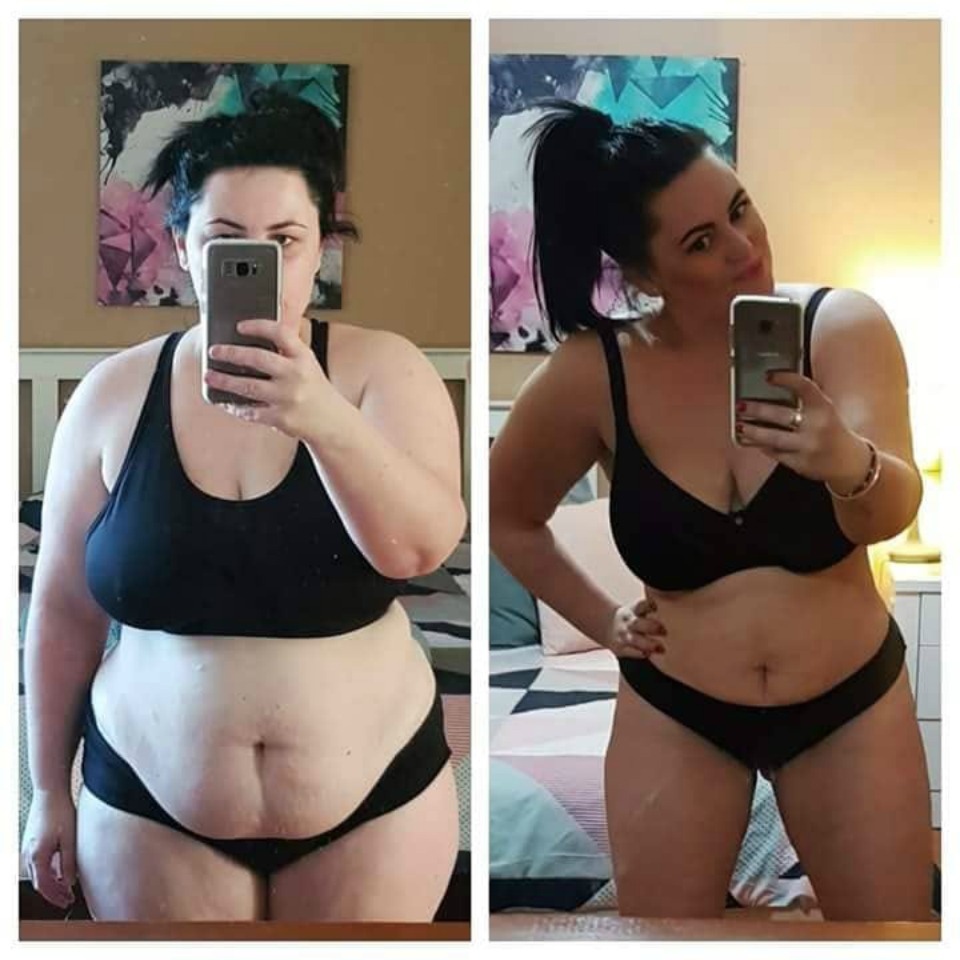
Nisha’s Results on Healthy Mummy
“Life is clearer than ever before! I’m genuinely happy in my own skin, and that in itself is priceless remembering it’s never too late to reinvent yourself.“Hello my name is Nisha and I’m no longer hostage to a life of self-hate.”Read more on Nisha HERE.
Jinjamarda’s story
Jinjamarda joined The Healthy Mummy 28 Day Weight Loss Challenge a couple of years ago.
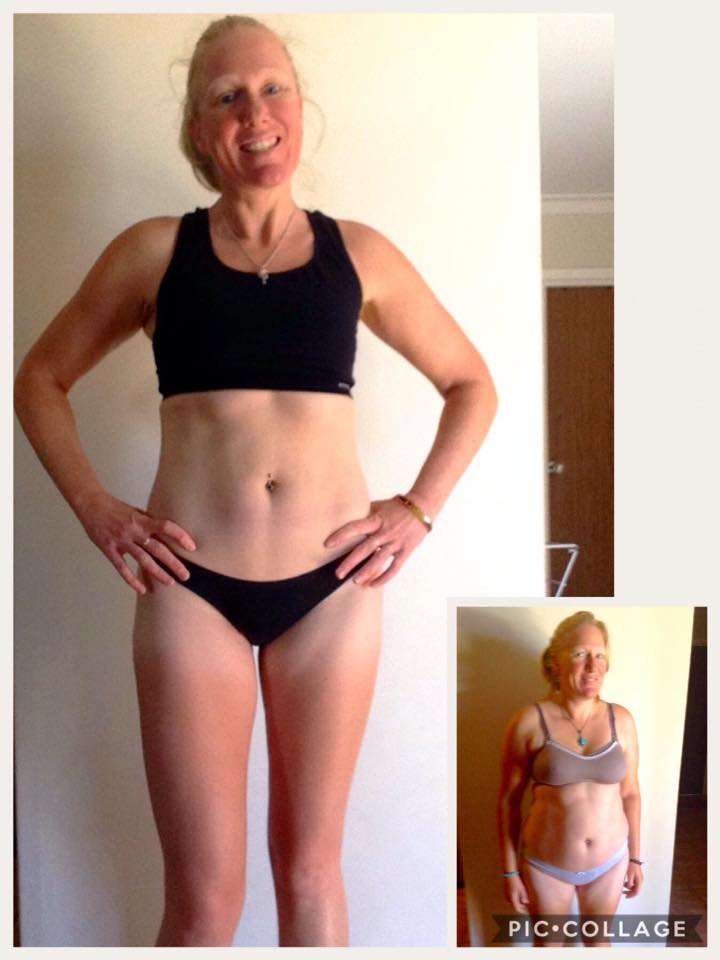
“That doubtful voice in my head is only a faint whisper in my ear these days and is easier to banish thanks to being able to find myself through The Healthy Mummy program”. Read more on Jinjamarda HERE.
Nikki’s story
Nikki O’Brien has struggled with her weight for as long as she can remember.
Having suffered depression and struggled with her weight as long for as she could remember, mum Nikki went on to lose 24kg and find happiness! Read Nikki’s story here.
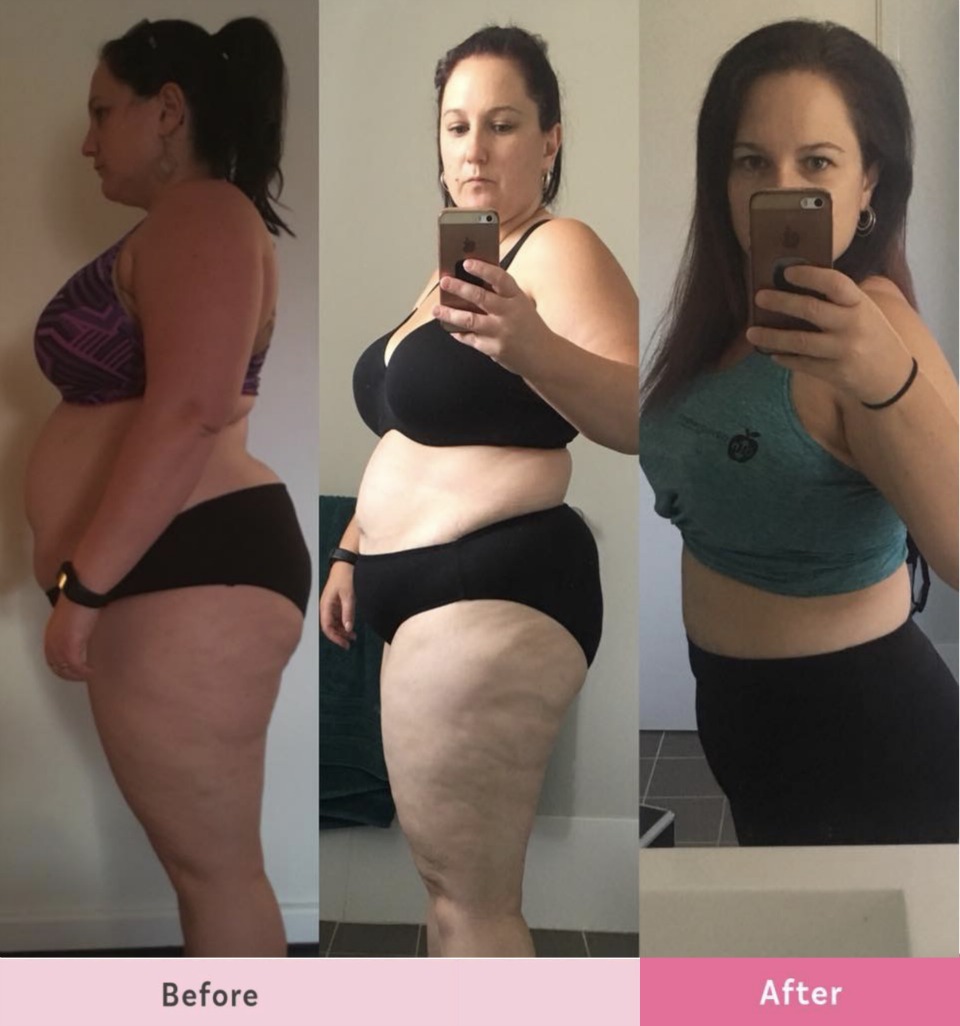
Tash’s story
Tash Horrocks was in a rut and struggling after her son was born she has put on weight and being diagnosed with postnatal depression, but then she discovered The Healthy Mummy and her life changed forever.
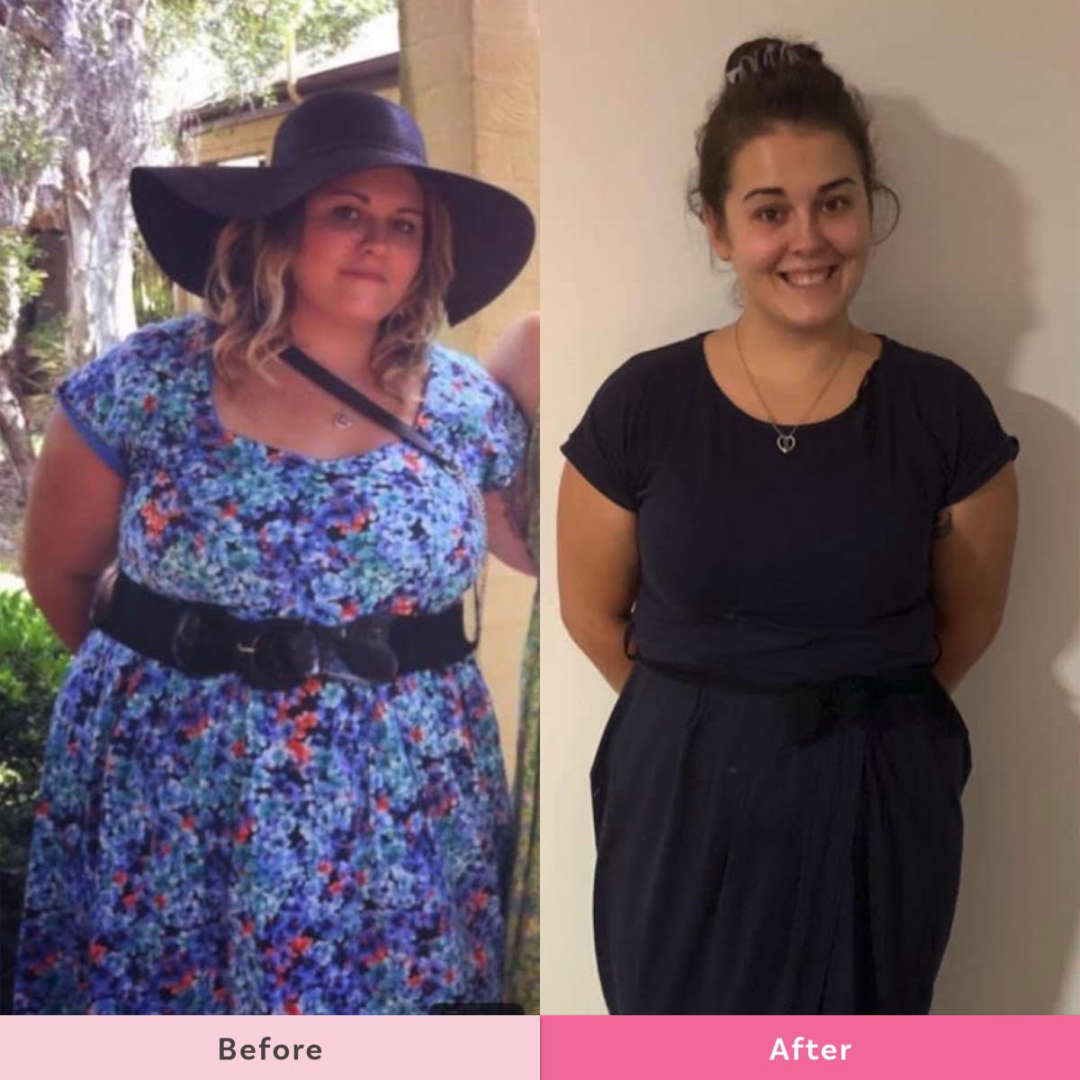
Tash has lost 21kg and is loving her new healthy lifestyle, read her inspiring story HERE.
If you feel depressed or are suffering from depression and or anxiety, we advise you to seek help from your GP or call Lifeline 13 11 14, Perinatal Anxiety and Depression Australia [PANDA] 1300 726 306 or Beyond Blue 1300 22 46 36.
Read more:
- Can Exercise Help With Depression? Here’s What Science Says…
- Exercise during pregnancy may help reduce symptoms of postnatal depression
- 3 mums reveal how they overcame self-hatred and depression.
These are just a few of our great workouts:
- Lower Body Workout from Super Fitness Trainer
- Pram workout!
- Lower Body and Arms Workout with Nathalia!
- Fat burner workouts
- Tabata workouts
- 5 workouts you can do in just 5 minutes!


